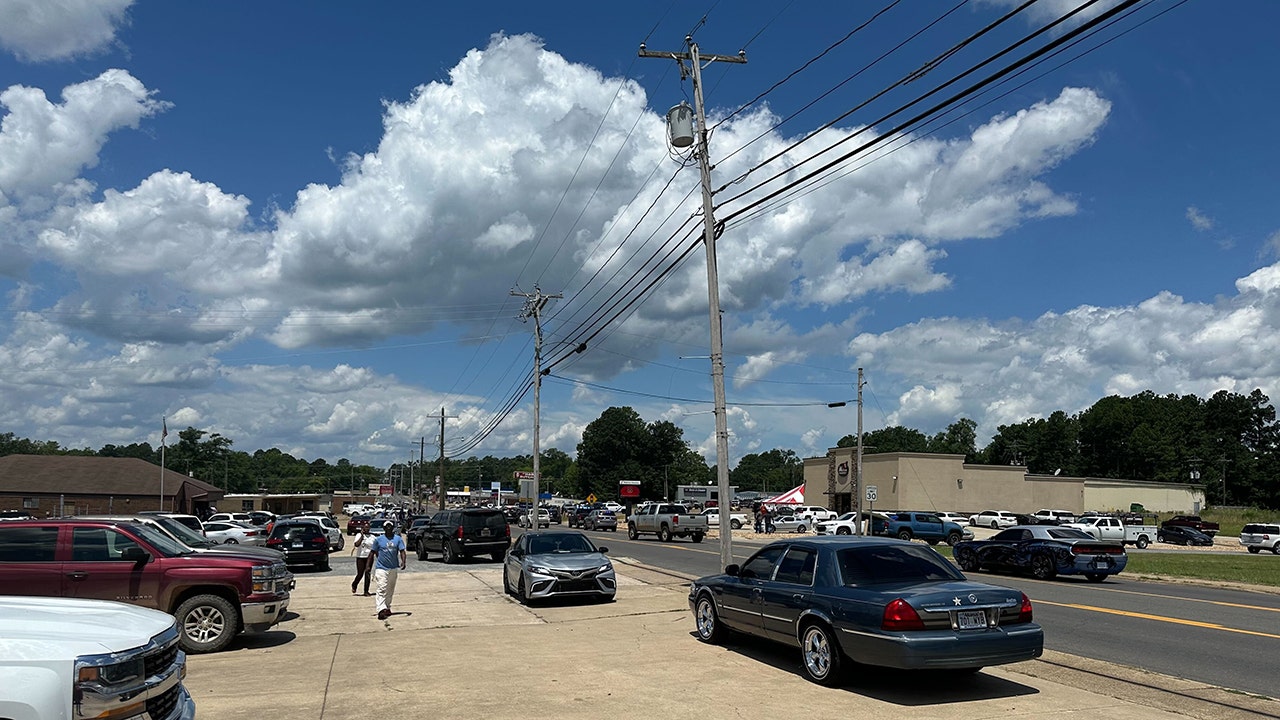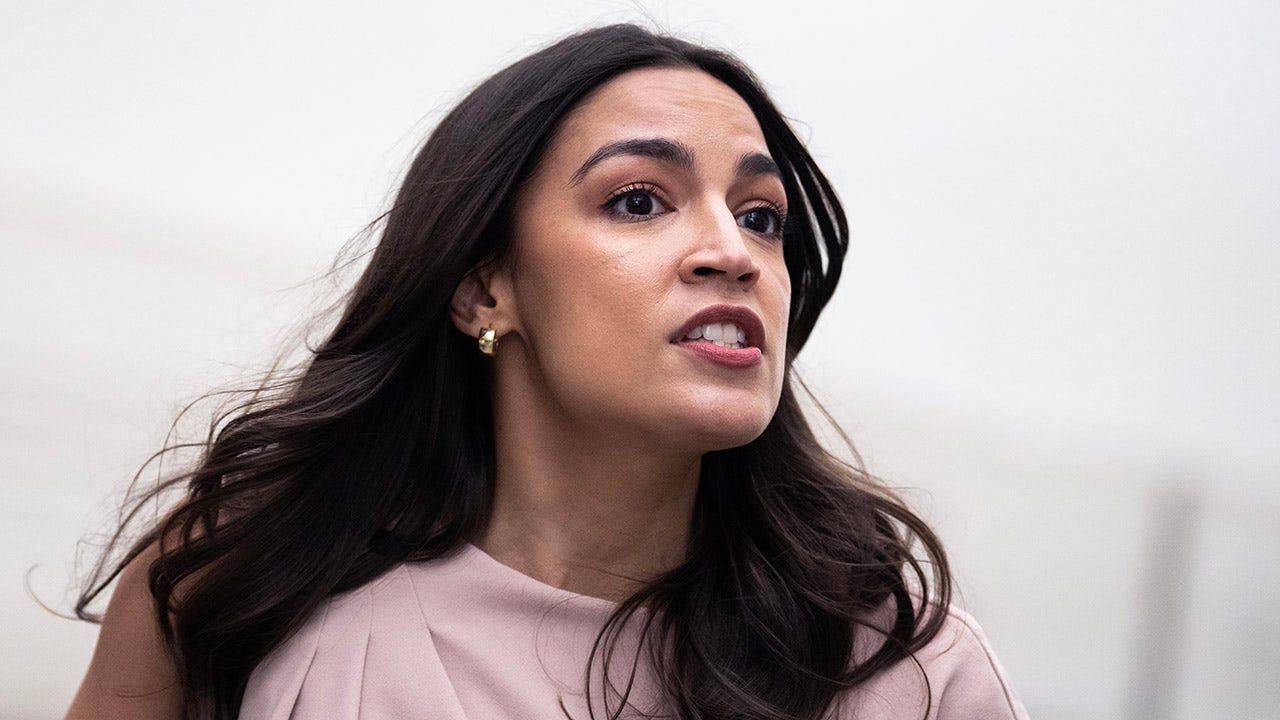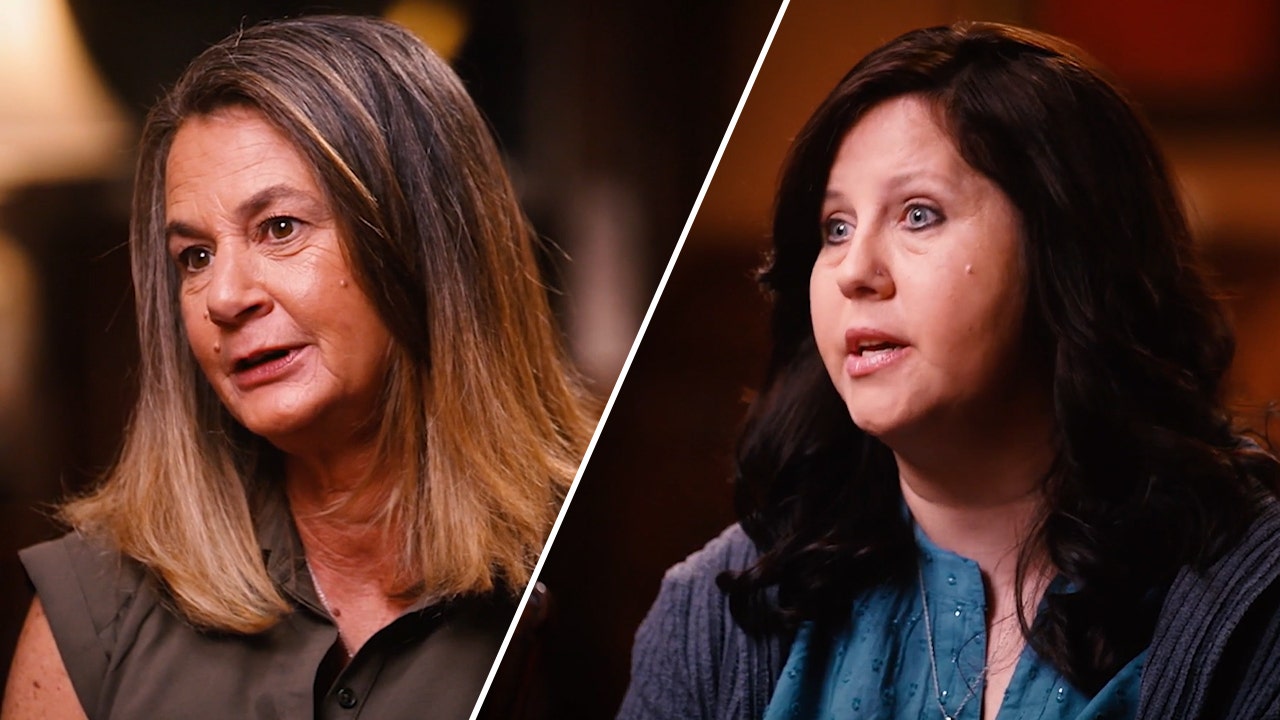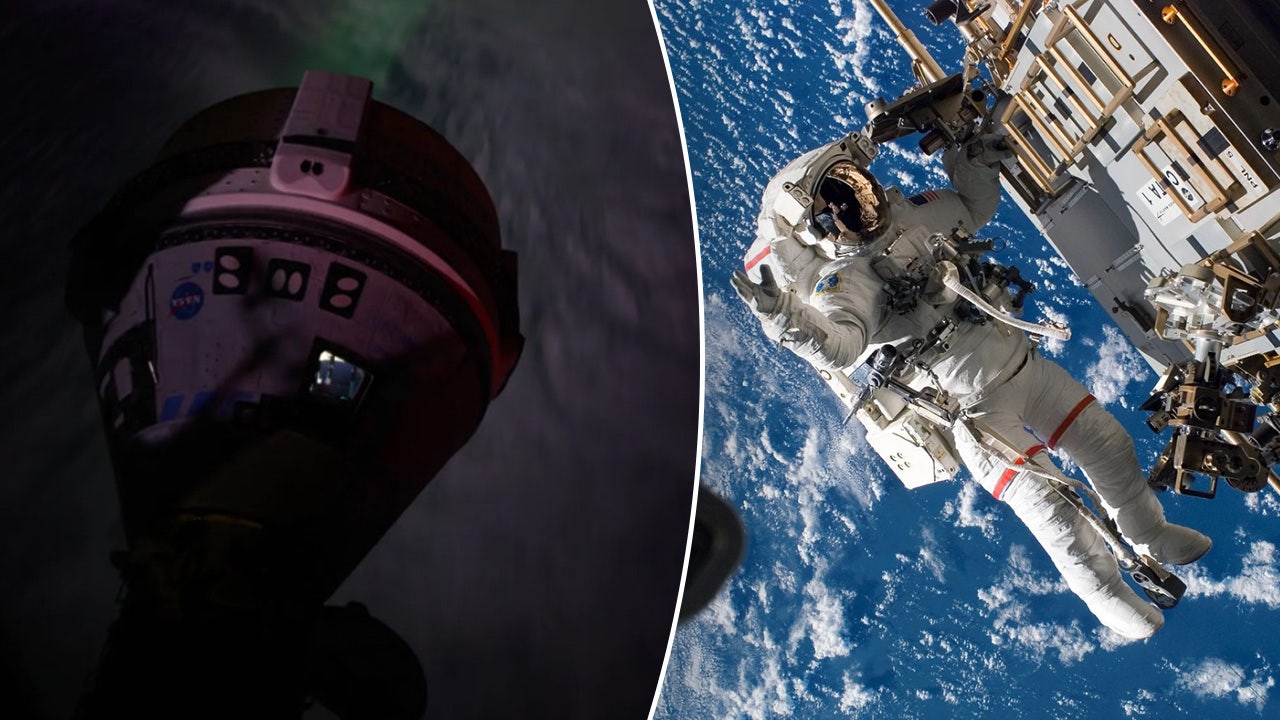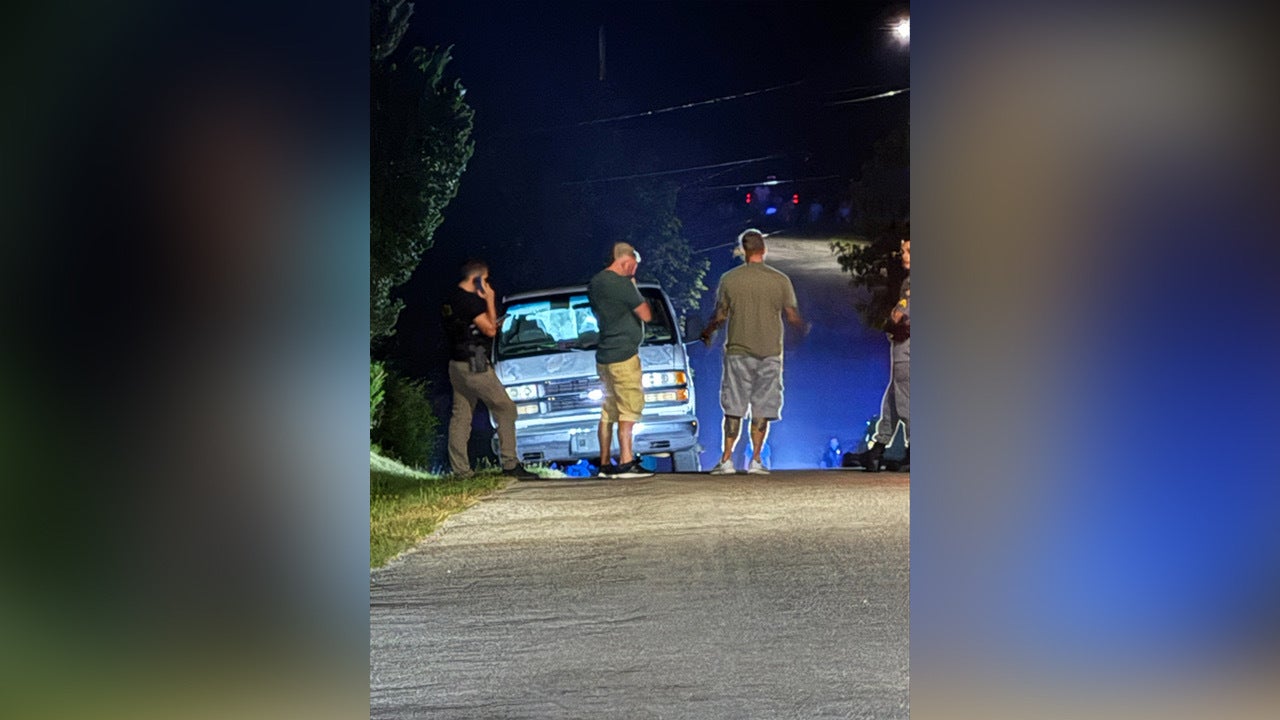The Supreme Court has concluded that the president of the United States is above the law — at least sometimes.
Yesterday, the court issued a ruling in Trump v. United States. The case sought to determine whether prosecutors could seek charges against Donald Trump for trying to overturn the 2020 election or if he was immune from prosecution because he was president at the time. But the Supreme Court’s actual decision went beyond Trump.
The court ruled that presidents are presumed to be shielded from prosecution for official acts. That includes policy changes, military decisions and discussions with other administration officials. It doesn’t include, for example, private acts taken exclusively as a political candidate.
On specific legal questions concerning Trump’s role in election interference and the Jan. 6 Capitol riot, the Supreme Court was less clear. It largely punted to the judge in the federal case to decide which of Trump’s actions qualify as an official act or a private one. “That analysis ultimately is best left to the lower courts to perform in the first instance,” Chief Justice John Roberts wrote. (Read highlights from the court’s opinions.)
The practical effect is that the decision will delay Trump’s election interference trial — reducing the chances that it will happen before Election Day in November, if it happens at all.
Today’s newsletter will explain what this new precedent means for Trump, and how it may reshape presidential power for years to come.
On the Trump charges
Since prosecutors filed charges against Trump, he has followed a strategy of delay, delay, delay. If he wins the election before the remaining criminal cases against him conclude, he could use the presidency to prevent the trials from moving forward.
The Supreme Court’s ruling helps Trump achieve that goal. First, the judge in the federal election interference case, Tanya Chutkan, will have to hold hearings and decide which parts of the case violate the Supreme Court’s new immunity standard. Then, either side could appeal Chutkan’s decisions. The appeals could once again go all the way to the Supreme Court, producing more months of delays.
The Supreme Court ruling makes it all but certain that Trump “will not stand trial on charges of seeking to overturn the last election before voters decide whether to send him back to the White House in the next one,” wrote my colleague Alan Feuer, who’s covering the case. It does, however, give prosecutors a chance to publicly show their evidence against Trump, as they present it in court for inclusion in the trial.
The ruling also could apply to the state charges against Trump, in Georgia and New York. Trump already filed a motion yesterday to overturn the conviction against him in New York, citing the Supreme Court.
On presidential power
When the Supreme Court first heard the case in April, Justice Neil Gorsuch said, “We’re writing a rule for the ages.” The court would decide what legal protections apply not just to Trump, but to future presidents as well.
The majority opinion, which Roberts wrote, does just that. It says presidents must be able to make difficult decisions without worrying that someday they could be criminally punished for their choices. “A president inclined to take one course of action based on the public interest may instead opt for another, apprehensive that criminal penalties may befall him upon his departure from office,” Roberts wrote.
Some legal scholars believe the decision goes too far in expanding presidential power. In her dissent, Justice Sonia Sotomayor argued that the ruling would enable presidents to do things that, before now, might have seemed clearly outside the law. “Orders the Navy’s SEAL Team 6 to assassinate a political rival? Immune,” she wrote. “Organizes a military coup to hold onto power? Immune. Takes a bribe in exchange for a pardon? Immune. Immune, immune, immune.”
The decision doesn’t shield presidents from all consequences. They must still win elections, and Congress can still impeach them. Future rulings could draw clearer boundaries around presidential immunity. Still, for now, the Supreme Court has extended sweeping legal protections to presidents that apply to no one else in the country.
More on the court
-
Trump celebrated the ruling. “BIG WIN FOR OUR CONSTITUTION AND DEMOCRACY,” he posted on his social media platform, Truth Social. “PROUD TO BE AN AMERICAN!”
-
“Any president, including Donald Trump, will now be free to ignore the law,” President Biden said in a speech from the White House. He called the ruling a “dangerous precedent.”
-
Republicans celebrated the ruling, while Democrats worried for the future of American democracy. Representative Alexandria Ocasio-Cortez pledged to file articles of impeachment against the justices.
-
Justices Clarence Thomas and Samuel Alito participated in the decision, rejecting ethics experts’ calls for their recusal over their wives’ partisan activities.
-
In a concurring opinion, Thomas suggested that Jack Smith, the special counsel investigating Trump, was appointed illegally.
-
Separately, in two cases concerning regulations on social media companies, the court sidestepped a definitive ruling and returned them to lower courts.
-
The court also gave companies more time to challenge government regulations, another blow to federal agencies’ authority.
THE LATEST NEWS
2024 Election
The Rubik’s Cube turns 50: Mathematicians and hobbyists have had a half-century of fun exploring the puzzle’s some 43 billion billion permutations.
Ask Vanessa: “How can I stay cool and look chic in the heat?”
Education: The pandemic’s babies, toddlers and preschoolers are now school-age. Many are struggling.
Lives Lived: Critics often compared the Albanian novelist Ismail Kadare to Kafka and Orwell. His works subversively attacked the brutal dictatorship of Enver Hoxha, skirting censorship through allegory, satire and myth. But Kadare also wrote a novel that favorably portrayed the dictator and that he later said he had written to curry favor. He died at 88.
SPORTS
Copa América: The U.S. men’s national team was eliminated from the competition after a loss to Uruguay. Coach Gregg Berhalter’s job could be in jeopardy.
The culture wars have come for Britain’s stately homes. The National Trust, the charity that manages many of them, changed displays in dozens of properties to explain the sites’ links to slavery and exploitation. Right-wing columnists and academics got angry; they said the trust was being woke and suggested that it was presenting an “anti-British” view of history. Read more about the fight.
More on culture
-
The global market for ordering TV shows is beginning to pick up after a major slowdown. Netflix and Amazon are mainly driving the bump in new orders.
-
Young people on TikTok are dancing to a catchy song called “Friendly Father.” It’s a piece of North Korean propaganda about Kim Jong-un, The Wall Street Journal reports.
-
Young Thug’s much-delayed gang conspiracy trial was halted indefinitely to determine whether the judge, who met with an uncooperative witness, should recuse himself.

